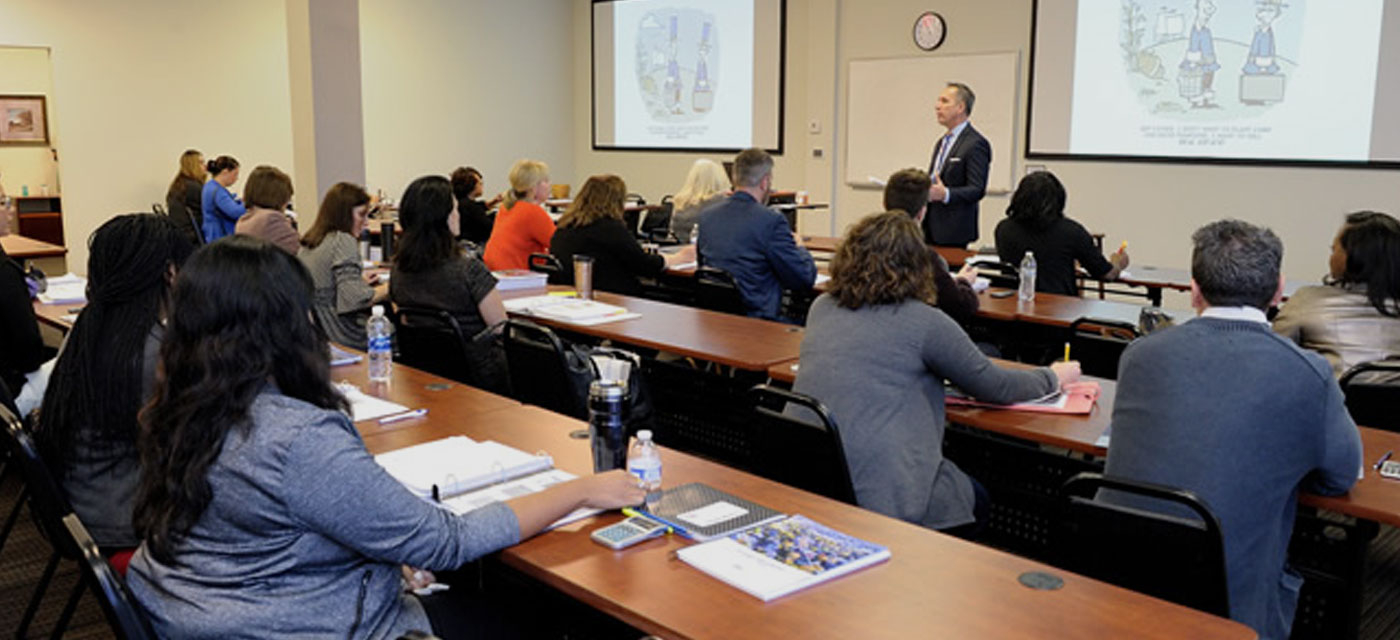
What should you do after I receive my real-estate license
You must attend a pre licensing course to get your license. Then, take the state exam. The process can take up to two months depending upon the state.
After you've completed your prelicensing education and passed the exam you will need to submit your test result, a license application fee, and a background screening. This will cost between $50 - $250
Your license will arrive in 7 to 10 business days after you have submitted all the necessary documents. In that time frame, the official photo bearing exam result report will be mailed to you.
Next, you must find a brokerage where you can work. This is an important step in your career as a realtor. It takes a lot of hard work, dedication, and tenacity.

Your broker will help you market your business and introduce potential clients to you. They will also offer support and training during your first year as a professional real estate agent.
Make sure you are able to sell the type of real property you want through a brokerage. You'll be more successful, and you will make more money over the long-term.
It is also important to choose a brokerage that will give you ongoing support and training as you progress in your real estate career. This will give you confidence and allow you the freedom to focus on your business growth.
Another option is to join a real estate association like the NAR (National Association of Realtors) or the AREA (Association of Real Estate Appraisers and Appraisal Managers). These associations can provide valuable networking opportunities, specialized training and support that can prove to be very beneficial in your real-estate career.
In order to keep up with the latest developments in your field, it is possible to attend seminars and conferences. These events can be held in person or online.

Getting a Real Estate License
There are several options available to obtain your real property license. Each state will have its own unique requirements. The pre-licensing program is the most popular. These courses can be completed online or in-person over the course of several weeks.
Most states require continuing education in addition to the pre-licensing classes. These courses help keep you current and informed about the latest changes in your industry.
Some of these continuing education courses will cover topics that are directly related to the real estate profession, while others will be more general in nature. It is highly recommended that you research these courses prior to enrolling.
Course offerings will vary from one state or another. Some courses can be delivered online, while some are held in-person at realty schools. Be sure to factor in the cost of each course.
FAQ
How do I eliminate termites and other pests?
Your home will be destroyed by termites and other pests over time. They can cause damage to wooden structures such as furniture and decks. It is important to have your home inspected by a professional pest control firm to prevent this.
What are the three most important factors when buying a house?
When buying any type or home, the three most important factors are price, location, and size. Location refers the area you desire to live. Price refers to what you're willing to pay for the property. Size refers the area you need.
What should I look for in a mortgage broker?
People who aren't eligible for traditional mortgages can be helped by a mortgage broker. They look through different lenders to find the best deal. Some brokers charge a fee for this service. Others provide free services.
Statistics
- This means that all of your housing-related expenses each month do not exceed 43% of your monthly income. (fortunebuilders.com)
- It's possible to get approved for an FHA loan with a credit score as low as 580 and a down payment of 3.5% or a credit score as low as 500 and a 10% down payment.5 Specialty mortgage loans are loans that don't fit into the conventional or FHA loan categories. (investopedia.com)
- This seems to be a more popular trend as the U.S. Census Bureau reports the homeownership rate was around 65% last year. (fortunebuilders.com)
- Private mortgage insurance may be required for conventional loans when the borrower puts less than 20% down.4 FHA loans are mortgage loans issued by private lenders and backed by the federal government. (investopedia.com)
- Over the past year, mortgage rates have hovered between 3.9 and 4.5 percent—a less significant increase. (fortunebuilders.com)
External Links
How To
How to become real estate broker
Attending an introductory course is the first step to becoming a real-estate agent.
The next thing you need to do is pass a qualifying exam that tests your knowledge of the subject matter. This means that you will need to study at least 2 hours per week for 3 months.
After passing the exam, you can take the final one. In order to become a real estate agent, your score must be at least 80%.
These exams are passed and you can now work as an agent in real estate.